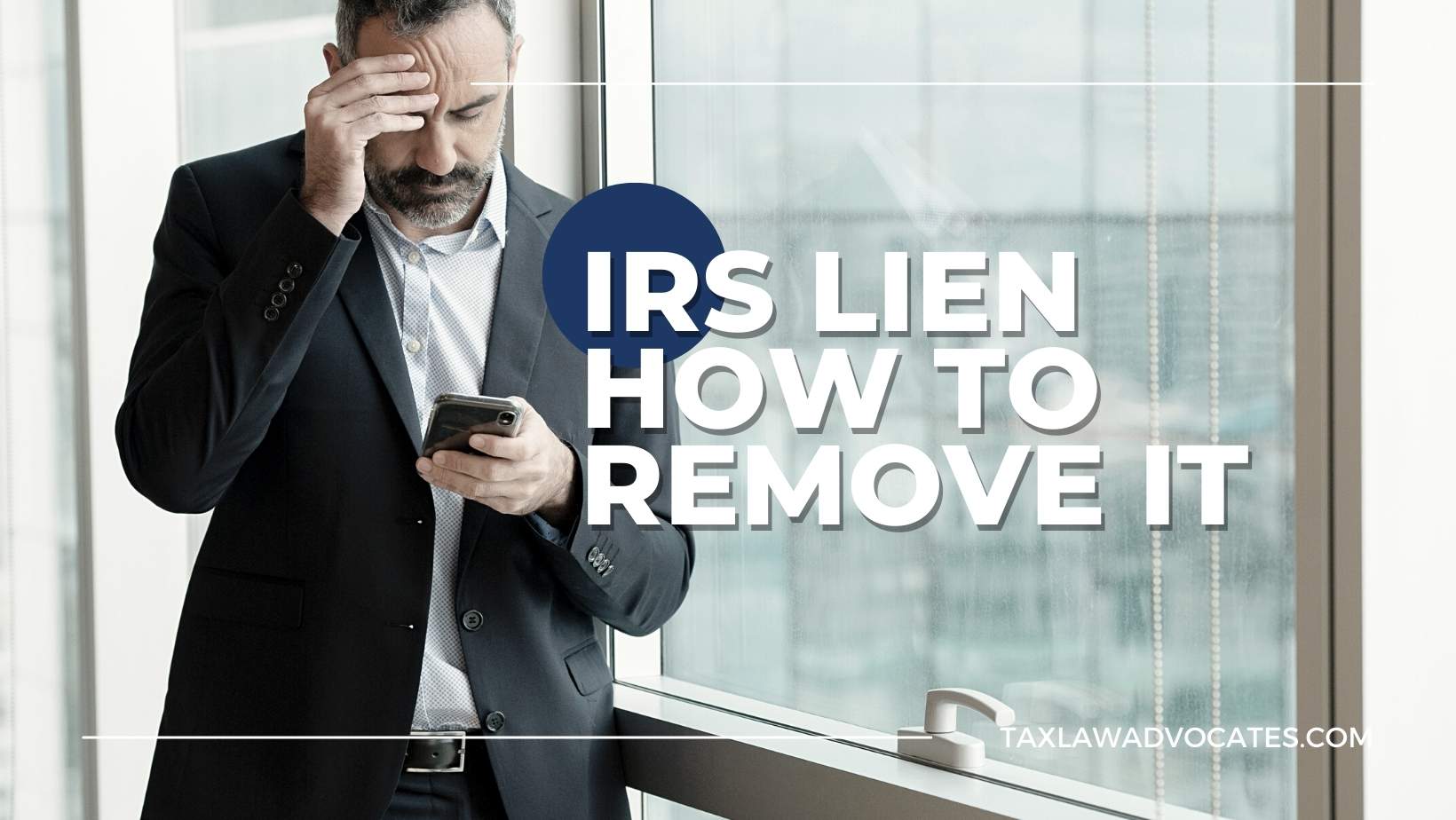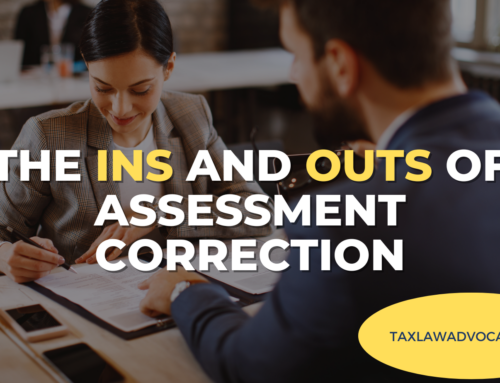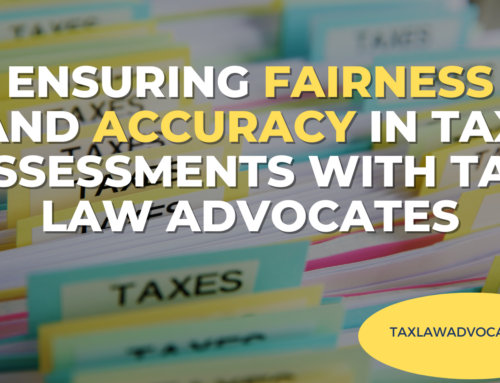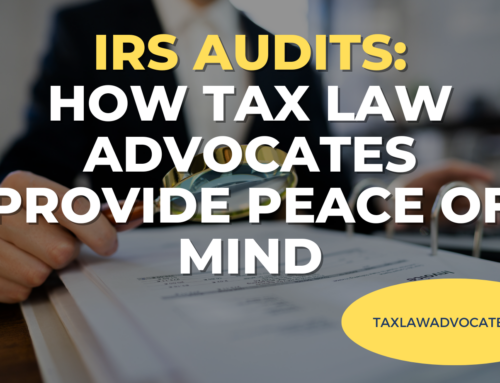A federal tax lien or IRS tax lien is a type of public document that informs the public that a person/taxpayer has an outstanding/unpaid tax debt to the federal government. The county government receives the federal tax lien, and it becomes a public record after.
A lien can attach to the taxpayer’s personal properties or real property. It is a record of exactly how much is owed to the IRS. Should a taxpayer with a lien sell any real property, the proceeds of the sale shall be diverted to repaying the federal tax debt before any money is given to the property owner.
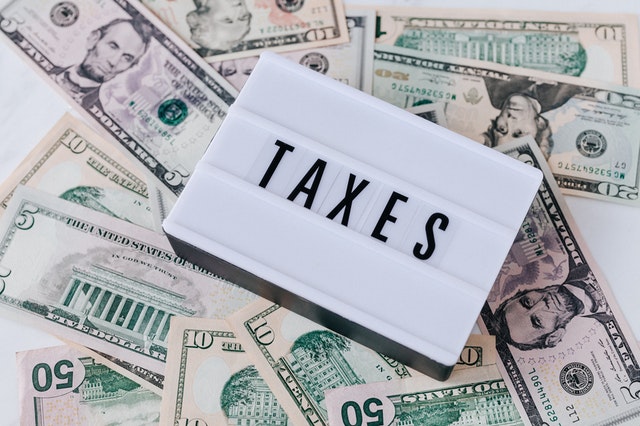
There is some confusion between a levy and a lien. Sometimes they are used interchangeably in ordinary conversations. These terms are different.
The IRS files tax liens on behalf of the US government to protect the government’s interests and uphold the tax code. When a levy occurs, that means the IRS will conduct a forced collection of cash from the bank accounts of a delinquent taxpayer. A levy can also be enforced against a taxpayer’s paycheck.
If you are still confused, ask yourself – do you still possess real property even after the federal government has written you up? If yes, then that’s a lien and not a levy. If you have a levy against you, the federal government will take that property to remedy your liabilities.
Learn about IRS Tax Relief options, including the Fresh Start Program and IRS Debt Forgiveness.
Even before a tax lien comes into existence, the IRS will send several notices beforehand. This is why it’s always a good idea to open those notices and reach out to the IRS immediately. The IRS rarely fails with its mandate of working closely with taxpayers, and if you owe taxes from years back, they’re going to inform you.
Right before the IRS files a tax lien, you will also receive a notification or warning from them. This is a direct demand for payment. If there is no adequate response to the final notice in ten days, the IRS will file the tax lien against you. Yes, a federal tax lien will have an entirely negative impact on your finances and credit rating.
How to prevent a lien?
You can prevent it paying the tax balance before the IRS files the lien. The solution is simple but not always possible, especially during the pandemic. If one lump sum is impossible, there are installment agreements available from the IRS, provided that you meet specific requirements. A guaranteed installment agreement can help prevent a tax lien. You must voluntarily reach out to the IRS if you want to avoid a lien. You will be proposing the IRS, and the IRS will consider if your bid is accepted or not. Remember – the IRS will not mention or prompt you to take these steps to avoid the federal tax lien.
In most cases, a federal tax lien can be prevented if the outstanding balance is only $10,000 or less. This is the main criterion for the guaranteed installment agreement. For the streamlined installment agreement, the tax balance must be $25,000 or less.
If you owe the federal government more than $25,000, payment plans are geared specifically for that amount of tax debt. The IRS will have to ask you for more documentation and information. We recommend that you pay down as much tax debt as you can so your tax balanced falls below $25,000. This will allow you to propose a streamlined installment agreement.
How to remove a federal lien?
The fastest way to get a federal lien removed is to prove that the IRS had filed it in error. And as we mentioned previously, full payment of the tax debt can also remove it, either through an agreement with the IRS or an Offer in Compromise (OIC). Unenforceable conditions such as the expiration of the statute of limitations can also remove a tax lien (after ten years).
The IRS will withdraw the tax lien if proven that it had targeted the wrong taxpayer. There will be no consequences, and it would be as if the federal tax lien never came to be in the first place. Contact the IRS right away if you feel that the tax lien has been filed against you in error.
If you cannot file or pay your tax in California on time an experienced tax practitioner or tax attorney like the Tax Law Advocates can help you understand your rights with respect to enforced collection actions and can help you protect your income and assets.

